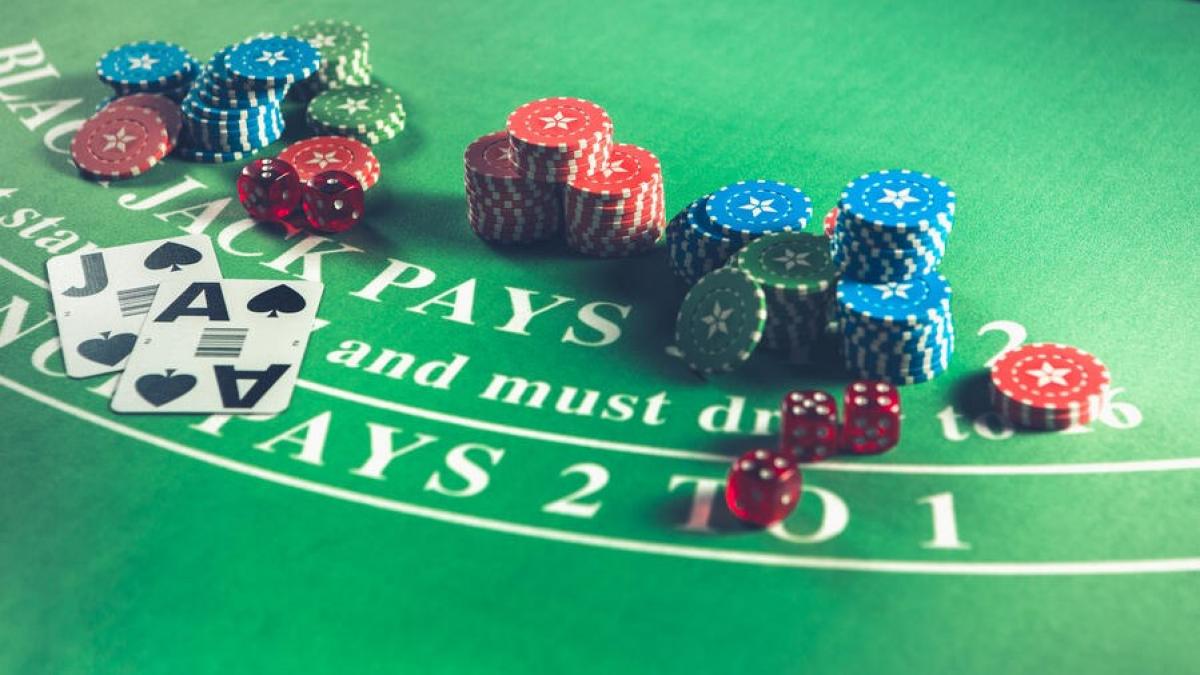Blackjack is a member of the family of traditional card games played recreationally worldwide. Most of these games have not been adapted for casino play. Furthermore, the casino game development industry actively produces blackjack variants, most of which are ultimately not adopted by casinos. The following are the most prominent and established variants in casinos.

Spanish 21 provides players with liberal rules, such as doubling down any number of cards (with the option to "rescue", or surrender only one wager to the house), payout bonuses for five or more card 21s, 6–7–8 21s, 7–7–7 21s, late surrender, and player blackjacks and player 21s always winning. The trade-off is having no 10s in the deck, although the jacks, queens, and kings are still there. An unlicensed version of Spanish 21 played without a hole card is found in Australian casinos under the name "pontoon".

21st-century blackjack (or Vegas-style blackjack) is found in California card rooms. In variations, a player bust does not always result in an automatic loss; depending on the casino, the player can still push if the dealer also busts. The dealer has to bust with a higher total, though.
Double exposure blackjack deals the first two cards of the dealer's hand face up. Blackjacks pay even money, and players lose on ties. Also, players can neither buy insurance nor surrender.
Double attack blackjack has liberal blackjack rules and the option of increasing one's wager after seeing the dealer's up card. This game is dealt from a Spanish shoe, and blackjacks only pay even money.
Blackjack switch is played over two hands, and the second card can be switched between hands. For example, if the player is dealt 10–6 and 5–10, then the player can switch two cards to make hands of 10–10 and 6–5. Natural blackjacks are paid 1:1 instead of the standard 3:2, and a dealer 22 is a push.
Super fun 21 allows a player to split a hand up to four times. If the player has six cards totaling 20, they automatically win. Wins are paid 1:1.
Examples of local traditional and recreational related games include French vingt-et-un ('twenty-one') and German Siebzehn und Vier ('seventeen and four'). Neither game allows splitting. An ace counts only eleven, but two aces count as a blackjack. It is mostly played in private circles and barracks. The popular British member of the vingt-un family is called "pontoon", the name being probably a corruption of vingt-et-un.